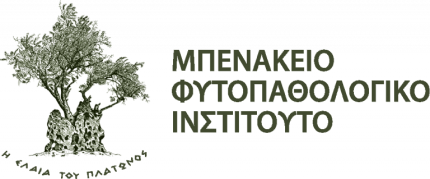Background
Historical control data (HCD) describe the natural incidence of a finding, observed in the same species (rat, mouse dog, rabbit, birds, etc.) and the same type of toxicological study (short-term, chronic, reproductive study, etc.), and are performed in a fixed time period either before or after the study under evaluation. HCD are used to assist scientists on the interpretation of the effects observed in toxicity studies, i.e. to decide whether these were induced by exposure to a chemical or were within the range of spontaneous variation.
Although the principles and prerequisites for the use of HCD sound simple, the understanding of the purpose and the interpretation of these data are very heterogeneous.
Different legislative frameworks have different both legally and non-legally binding criteria and definitions on the requirements for HCD in order to justify their use. Different criteria for HCD worldwide may have a high impact on evaluation of toxicological studies, even within the same sector, leading to a non-harmonised derivation of health-based guidance values.
EFSA has granted (GP/EFSA/ENCO/2020/02) a project called “Preparatory work on how to report, use and interpret historical control data in (eco)toxicity studies” with the aim to collate all relevant information from public literature, as well as stakeholders experience, knowledge and understanding of the use and interpretation of historical control data when evaluating toxicity studies.
One of the activities in the project is organisation of an international workshop, involving all relevant stakeholders. Based on the survey and the workshop as preparatory tasks, the EFSA Panel on Plant Protection Products and their Residues (PPR) will draft a Scientific Opinion (https://open.efsa.europa.eu/questions/EFSA-Q-2021-00274)
Objectives of the workshop
The aim of the workshop is to explore the landscape on use, reporting and interpretation of historical control data. The workshop will offer the platform for discussion on different aspects relevant for better understanding of use of HCD, like biological variations, environmental parameters, pathological terminology, statistics, etc., when interpreting toxicity studies. It will also reflect the needs resulting from the survey, launched from January 17 – February 21, 2022.
Structure of the workshop
The workshop will be an information gathering event, consisting of presentations on different aspects of historical control data given by experts in their field, and of plenary sessions where registered participants and speakers can discuss and exchange their perspectives.
Who should attend?
The workshop is intended for all stakeholders with expertise in the area of conduction and interpretation of toxicity studies on mammals and/or expertise in human risk assessment. HCD in context of ecotoxicity studies (other than conducted on mammals) will be subject to a very limited time slot, please consider this when making your decision on registration.
Due to technical requirements of a virtual event and the need to allow good coordination of remote discussion, registration will be limited to certain number of participants. Selection of participants will ensure a sufficient representation of the various fields of expertise, as well as representation of stakeholder groups and geographical balance.
On-line registrations
The online registration was available until March 29, 2022.
Logistic information
The workshop will be an online event held on May 3-5, 2022, 12- 16 CET.
Further details will be communicated and the link to attend the workshop will be provided to selected participants. English will be the language of the event; no translation will be provided.
There is no fee for participation.
Documents
Please contact v.souvlidis@bpi.gr should you need any technical assistance.

